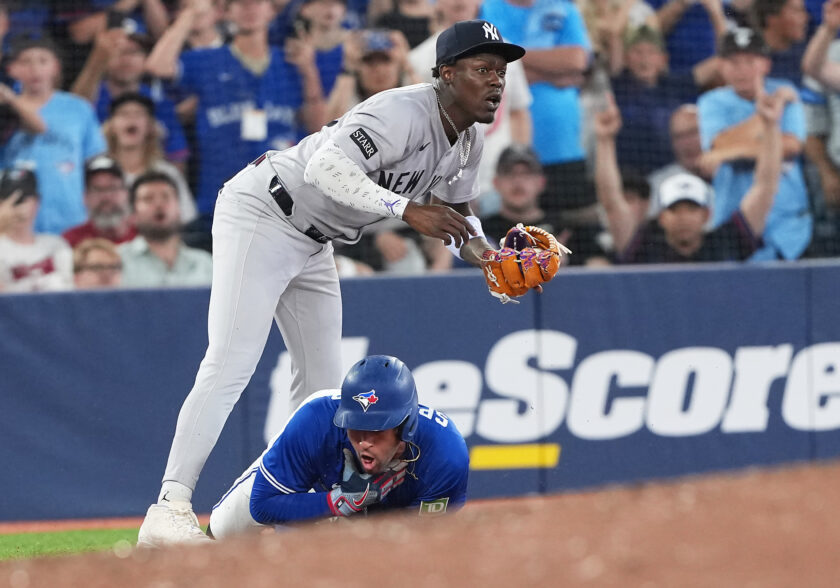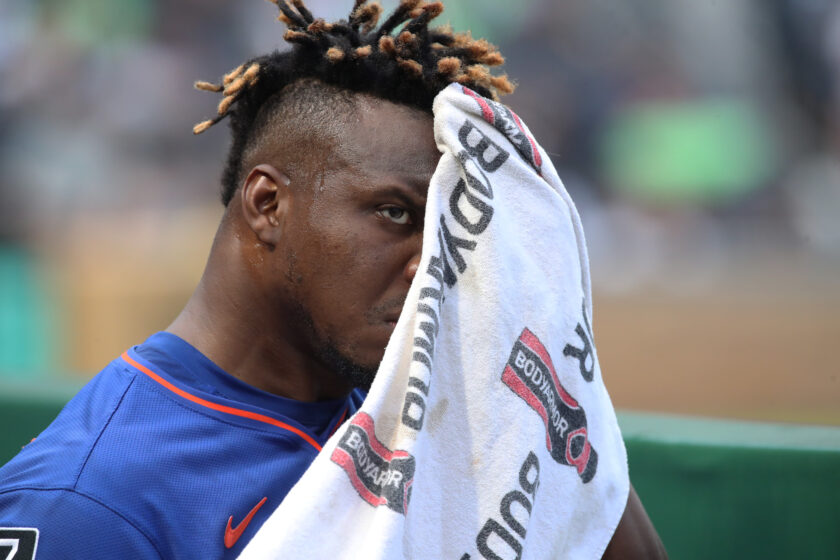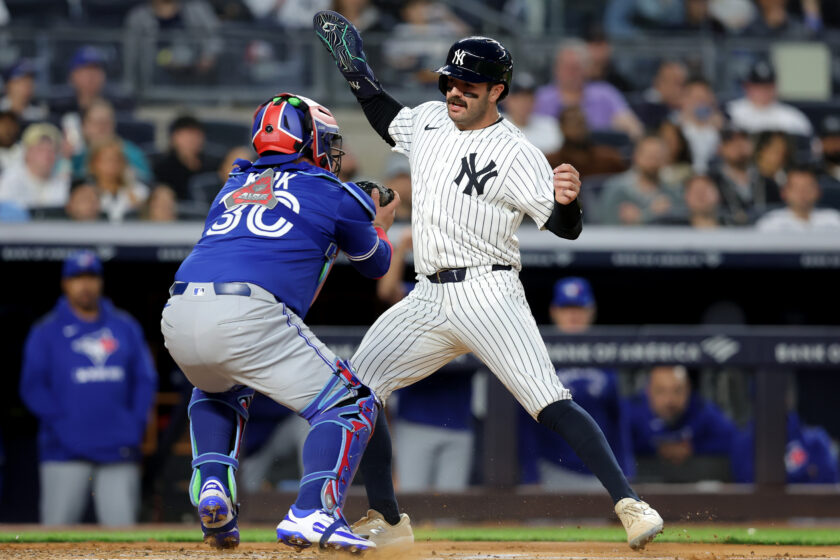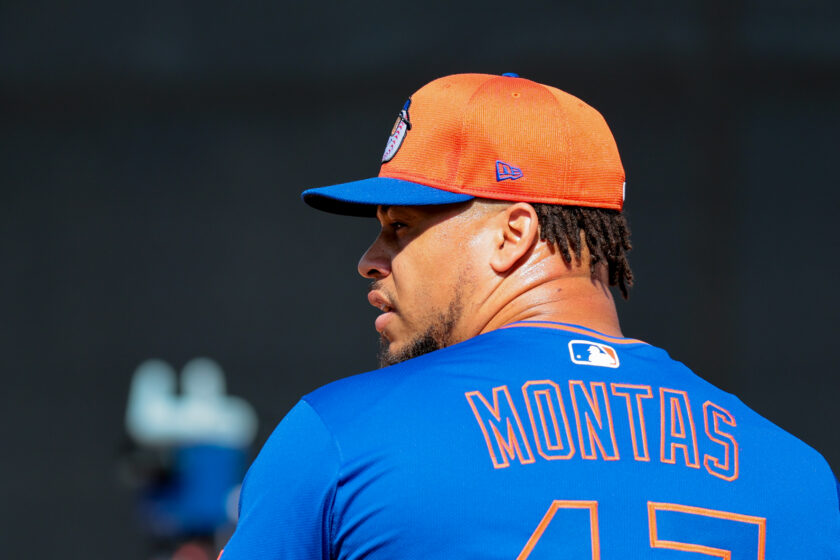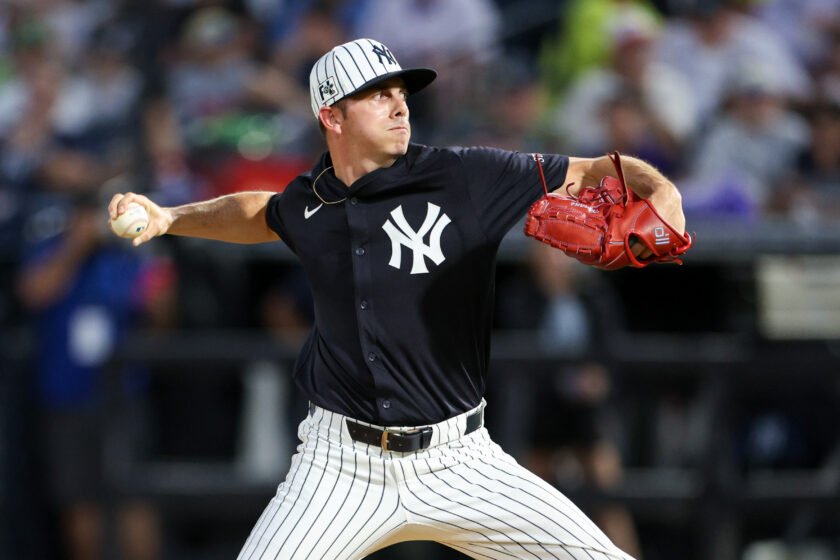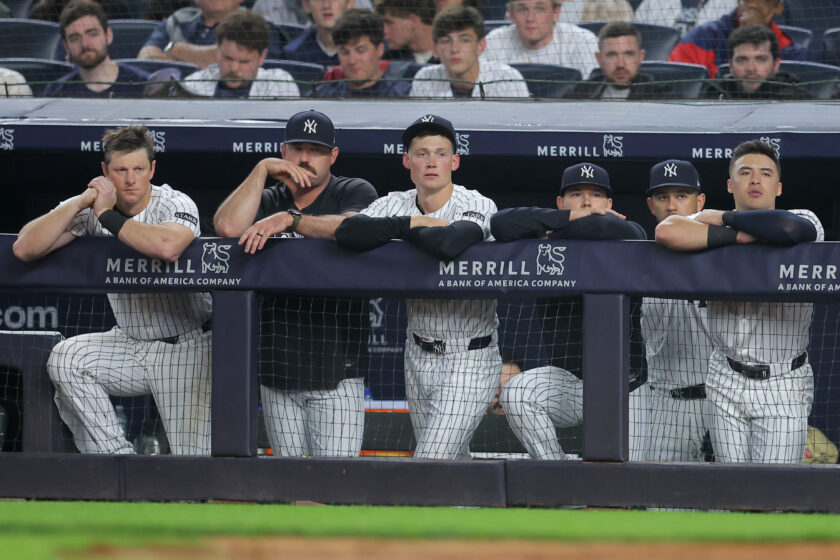Delaying baseball season is the correct, sad choice
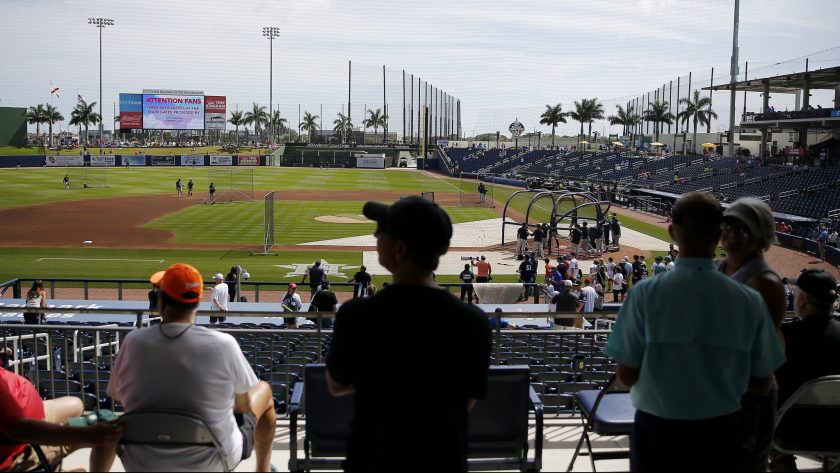
MLB’s decision to delay the start of the 2020 season is the right move, but that doesn’t make it any easier on the diehards.
Baseball has been delayed indefinitely, and the world has gotten darker.
As coronavirus spread across the country and each day brought news of another event shutting down, an eventual impact to baseball was inevitable. Wednesday night, when an NBA game was cancelled after Rudy Gobert tested positive for the virus, the last wavering domino fell. The NBA shut down, then the NHL. MLB followed only hours later Thursday afternoon.
Based on available information, shutting down baseball seems to be the right call. Infected players can quickly infect staff, who can infect fans, and vice versa. They could play the games without fans in the stands, of course, but once one player gets infected, the entire league shuts down anyway. Gobert proved that.
It’s the right call. But it’s also a soul-crushing move, one that does nothing but compound the darkness into which the virus has dragged us. It’s the kind of choice you have to make when you’re stuck between a rock and a hard place, or between viral transmission and no baseball.
Health comes first. But every day that baseball season cannot begin, America’s heart breaks a little bit more. With each delay, we lose another chance to see Jacob deGrom start at the top of his game. We miss four at-bats from Mike Trout at age 28. Bo Bichette, Fernando Tatís Jr., and an entire class of phenoms get a day closer to being older and less exciting. The spring sun can’t make an empty ballpark warm.
A two-week delay isn’t the biggest deal in the world. Those two weeks would put Opening Day of baseball season around April 9, which isn’t too late: the 2012 season opened April 5 and went off without a hitch.
The problem is that two weeks is a conservative estimate. Even if the summer heat manages to halt the epidemic, as some predict it might, April 9 is still almost foolishly optimistic. Then there’s the fact that if players can’t keep themselves in a state of perpetual readiness, they’ll need extra time to prepare for the season, whenever it can finally begin. And then, of course, there’s the additional issue that if heat solves the problem temporarily, when it starts to get cold in September, the virus will surface again in the heat of the playoff chase.
At the very least, we’ll lose a significant part of the 2020 season. We’ll lose chances to watch Dominic Smith make his teammates groan with laughter. We’ll lose weeks or months of J.D. Davis’ delightful weirdness, and Marcus Stroman’s defiant excellence. Yankee fans: Today, I empathize with you. Gerrit Cole may not pitch in pinstripes until May or later. DJ LeMahieu won’t take an at-bat until long after he should have. The Yankees will spend days waiting for an all-clear instead of competing for the division title.
Spring training is supposed to herald the start of a new season, the onset of warm sun and summer breezes and days on the beach with baseball on the radio. When the season ends, summer is over, sad in itself but sadder for the fact that winter must go on without baseball.
“It breaks your heart,” Bart Giamatti wrote in the Yale Alumni Magazine in 1977. “It is designed to break your heart. The game begins in the spring, when everything else begins again, and it blossoms in the summer, filling the afternoons and evenings, and then as soon as the chill rains come, it stops and leaves you to face the fall alone.”
Today, the virus rapidly spreading through the country has forced a different circumstance upon us. Spring will officially arrive next week. Within three weeks to a month, we will reach that point in the year at which each day dawns perfectly for baseball. The kind of warm, late-spring afternoon that doesn’t seem quite right without a hot dog, a lemonade, and a bag of Cracker Jacks. And yet baseball will have to wait.
Winter without baseball is bad enough, but at least it’s the natural order of things. We’ve spent our lives adjusting to the fact that there’s no baseball from November to April. We now face the prospect, depending on the length of MLB’s delay, of a spring without baseball as well.
For most, it will be trivial. But there are those of us who live and breathe baseball, who have waited these long, cold months for a warm day in the spring, when 15 aces will take their mounds and pitch to 15 leadoff hitters, as 15 sold-out ballparks look on with joy.
Until further notice, it will not happen. Baseball has been delayed indefinitely. The sun is rising and the grass is green, but the American soul is dark.
I have followed New York sports passionately for almost my entire life, since I went to Shea Stadium in 2004 and saw Jae Seo lose 8-1 to the Pirates. At journalism school, I once missed covering a Land Use Committee meeting to write about Jacob deGrom's last start of the year.

